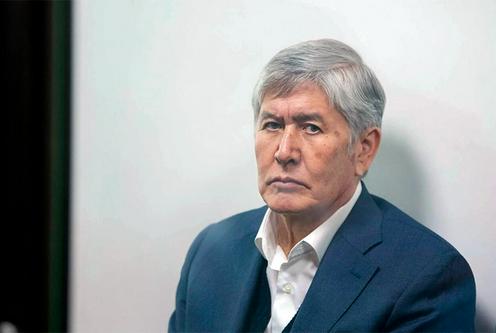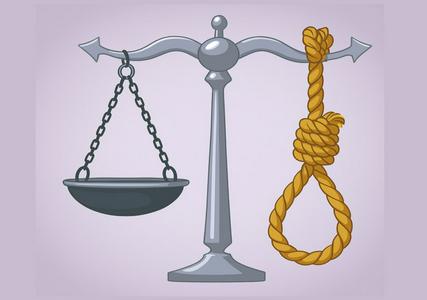A Kyrgyz prosecutor has requested an 11-year prison sentence for former President Almazbek Atambayev in connection with the events in Koi-Tash, local outlet 24.kg reported.
👉 The same sentence was proposed for Kanat Sagymbayev, a former officer of the Ninth Service of the State Committee for National Security (GKNB).
👉 Prosecutors are also seeking 10-year terms for Ravshan Jeenbekov, Farid Niyazov, and Farhat Baabiev.
👉 Three female defendants—Asel Koduranova, Irina Karamushkina, and Kunduz Zholdubaeva—would receive probation, though no specific terms were proposed.
Atambayev’s attorney, Aybek Turduyev, confirmed the prosecution’s request, stating that the defense continues to maintain the innocence of all defendants.
The trial will resume on April 15, when the defendants are expected to deliver their final statements before the judge retires to deliberate the verdict.
✅ The Koi-Tash case has been merged with two other criminal cases involving illegal land allocations and coal deliveries to the Bishkek Thermal Power Plant.
Almazbek Atambayev served as Kyrgyzstan’s president from 2011 to 2017. After transferring power to his successor, Sooronbai Jeenbekov, their relationship deteriorated and Atambayev joined the opposition. In 2019, his presidential immunity was lifted and he faced multiple criminal charges, including the illegal release of reputed crime boss Aziz Batukaev. On August 7, 2019, GKNB special forces attempted to storm Atambayev’s residence to bring him in for questioning. His supporters resisted, leading to the death of one officer and the hostage-taking of six GKNB personnel. Atambayev was detained the following day during a second operation. A total of 136 people were injured during the clashes, and supporters of the former president were reported to have set fires and thrown stones at security forces.
In June 2020, Atambayev was convicted in the Batukaev case and sentenced to 11 years and two months in prison, along with property confiscation and the revocation of state honors. On February 13, 2023, the Supreme Court of Kyrgyzstan overturned the verdict citing newly discovered evidence. He was allowed to travel abroad the following day.










